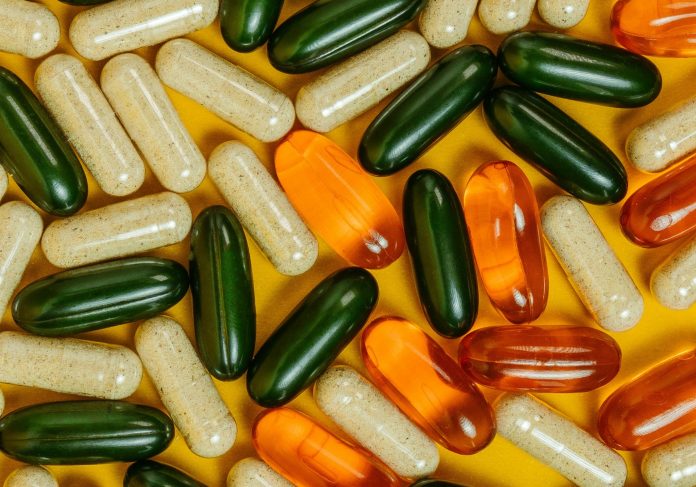
Many people look to supplements to help reduce their risk of cancer, but with so many options available, it can be hard to know what actually works.
While no pill or powder can guarantee protection against cancer, research suggests that certain vitamins, minerals, and plant-based compounds may play a role in prevention. Let’s take a closer look at the evidence behind the best supplements for reducing cancer risk.
One of the most studied supplements for cancer prevention is vitamin D. Often called the “sunshine vitamin,” vitamin D helps regulate cell growth and may prevent cells from turning cancerous.
Several studies, including a review in The Journal of Clinical Oncology, found that people with higher levels of vitamin D in their blood had a lower risk of colorectal cancer.
Researchers believe that vitamin D’s role in immune function and inflammation control contributes to its protective effects. For most adults, taking 1,000–2,000 IU of vitamin D daily is considered safe and effective, especially for those who don’t get enough sunlight.
Omega-3 fatty acids, found in fish oil supplements, are another promising option. These healthy fats are known for their anti-inflammatory properties, which may help reduce the risk of cancers linked to chronic inflammation, such as breast and prostate cancer.
A study published in Cancer Epidemiology, Biomarkers & Prevention found that people who consumed more omega-3s had a lower risk of developing certain cancers.
While eating fatty fish like salmon is the best source, supplements can be a good alternative for those who don’t eat fish regularly.
Another supplement worth considering is selenium, a trace mineral that acts as an antioxidant. Selenium helps protect cells from damage caused by free radicals, which can contribute to cancer development.
Research from the American Journal of Clinical Nutrition found that adequate selenium levels were linked to a reduced risk of lung, prostate, and colorectal cancers.
However, it’s important not to overdo it—high doses of selenium can be harmful, so stick to the recommended daily amount of 55 micrograms.
Green tea extract is another supplement backed by research for its cancer-fighting potential. Green tea is rich in compounds called catechins, particularly EGCG, which have been shown to slow the growth of cancer cells in lab studies.
A review in Cancer Causes & Control suggested that green tea consumption was associated with a lower risk of certain cancers, including breast and gastrointestinal cancers.
Green tea extract supplements can be a convenient way to enjoy these benefits, especially for those who don’t drink tea daily.
Curcumin, the active ingredient in turmeric, is another powerful supplement with anti-cancer properties. Known for its ability to fight inflammation and oxidative stress, curcumin has been studied for its potential to reduce the risk of cancers like colon and pancreatic cancer.
A study in Molecular Cancer Therapeutics found that curcumin could inhibit the growth of cancer cells and even enhance the effects of certain cancer treatments. Adding curcumin supplements or incorporating turmeric into your diet may offer protective benefits.
While supplements can support cancer prevention, it’s important to remember that they work best alongside a healthy lifestyle. Eating a balanced diet rich in fruits, vegetables, and whole grains, exercising regularly, and avoiding smoking are critical steps in reducing cancer risk.
Experts also caution that more isn’t always better when it comes to supplements. High doses of certain vitamins, like beta-carotene, have been linked to an increased risk of lung cancer in smokers, as shown in studies from the National Cancer Institute.
Always talk to your doctor before starting any new supplement, especially if you have existing health conditions or are taking medication.
In summary, supplements like vitamin D, omega-3s, selenium, green tea extract, and curcumin show promise in cancer prevention. While they can be helpful, they’re not a replacement for healthy habits. Think of them as one tool in your toolbox for living a long and healthy life.
If you care about cancer, please read studies about supplement that may increase cancer risk, and can vitamin D help prevent or treat cancer?
For more information about health, please see recent studies about how drinking milk affects the risks of heart disease and cancer and results showing berry that can prevent cancer, diabetes, and obesity.
Copyright © 2024 Knowridge Science Report. All rights reserved.








Leave a Comment